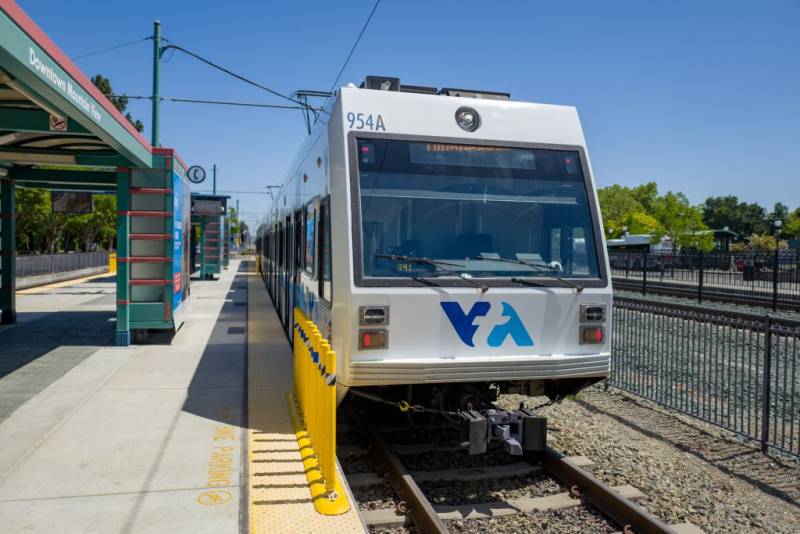In a statement, Santa Clara County Supervisor Cindy Chavez, chair of the VTA board, didn’t directly address those points of disagreement but said she thought the report was thorough, fair and thoughtful.
“VTA has a strong commitment to continuous improvement and takes every independent evaluation very seriously,” she said.
The most recent audit comes four years after a county grand jury investigation found the agency operated one of the “most expensive and least efficient” transit systems in the country and accused it of making many service decisions for political reasons rather than those in the best interest of quality transportation.
“Operating costs increase continuously, and taxpayers subsidize 90% of these costs, to the tune of about $5.50 per rider for each bus trip and $10.75 per rider for each light rail trip,” the 2019 grand jury report said.
The most recent audit noted that VTA should — but does not — conduct cost-benefit analyses of its projects, nor does it consistently estimate the costs of project operations and maintenance. It also does not regularly inform its board about cost increases or schedule changes, it said.
And though the report said that VTA has generally followed best practices when selecting which capital improvement projects to pursue, it found that the agency neglected to do a cost-benefit analysis before pursuing the Eastridge to BART Regional Connector, a project that broke ground earlier this month to extend light rail service about 2.4 miles.
“As a result, it is not clear whether one of these projects — an extension of VTA’s light rail system — is the best use of the $653 million cost VTA plans to incur,” the report said, recommending that the agency set a monetary threshold to determine when cost-benefit analyses are worthwhile.
The audit recommended that VTA officials report detailed information to the board with greater frequency, including changes in project costs and scheduling, and key performance metrics.
The report also found that VTA’s total operating costs per passenger trip and per service hour were higher than any of the five other comparable transit agencies the auditor looked at — including those in Los Angeles, Orange County and Sacramento.
“These high operating cost metrics indicate that VTA is not operating as efficiently as its peers, which warrants VTA’s further review to assess the causes,” the auditor said. “However, because VTA staff do not regularly report these types of data to the board, the board has a limited ability to monitor VTA’s performance and direct VTA staff to identify and address causes.”
Greg Richardson, VTA’s chief financial officer, said the agency has been working to improve its reporting to the board while also ensuring information is easily digestible and concise.
“It just hasn’t been happening on a routine basis and we’ve recognized that, and it’s work that we’re putting in place right now to begin doing,” Richardson told KQED. “I think we’ve done a pretty good job of keeping the board informed on a quarterly basis of what I would call the basic financial performance, but what we really haven’t dived into is metric-type information.”
The most recent audit also noted that while VTA is in a “relatively good financial condition,” about 60% of its revenue has come from four sales tax measures, three of which will sunset within the next three decades.

